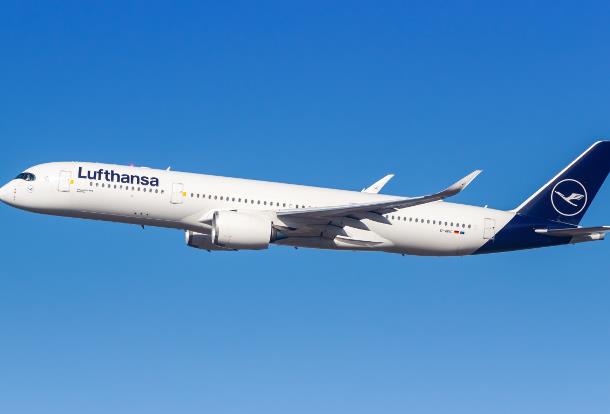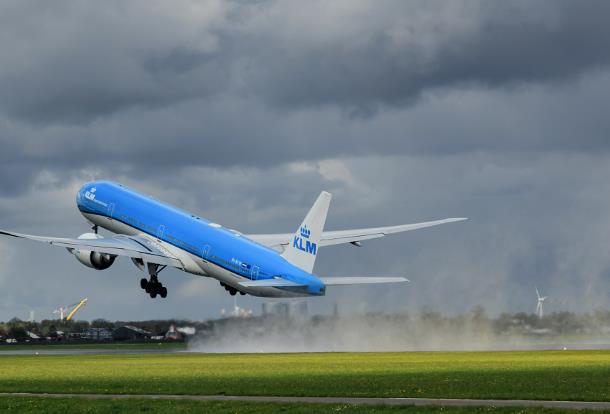Beijing Transport Law Enforcement Corps (BTLEC) cracked down on illegal taxis operating in Beijing Capital Airport on January 6 to tackle the proliferation of “clone taxis”, private sedans or public vehicles operating illegal car rental services via internet platforms and smartphone apps.
BTLEC cited article four of the “Law on Prohibition of Unlicensed Businesses” (PRC State Council Order No 370) that prohibits such activity as it severely affects the regulated taxi operation in the city.
BTLEC has made it top priority since January to clamp down on illegal taxis to ensure order for the Spring Festival peak travel period. It has singled out P2P car-sharing app Yongche and taxi app Didi Taxi as investigation targets vowing to impose the maximum penalties for infringements.
Last year, BTLEC prosecuted 47 illegal car rental operators who operated through internet platforms and mobile apps in accordance with the city’s official notice on the prohibition of illegal car rental companies for 2014.
Of the 33,000 traffic offences in Beijing in 2014, over 20,000 were related to the taxi service industry and 13,000 illegal taxis were impounded, according to data of the Beijing Municipal Commission of Transport.
An industry observer pointed out that while the clampdown effectively targets Beijing’s illegal taxi operations, it will also deal a blow to the taxi app market. The development of taxi apps has stirred up the taxi market and their convenience and personalization have made chauffeur services a hit. However, car owners are still treading in a controversial grey zone with the vehicle licenses.
Beijing is not the only region gripped by the taxi app issue. Shenyang taxi drivers went on strike on January 4, 2015 to protest against taxi apps Didi Taxi and Kuadidache’s chauffeur services. A legal expert said although these issues can be resolved under the existing legal framework, relevant laws and regulations should still be fine-tuned to deal with the issue.(Translation by David)




